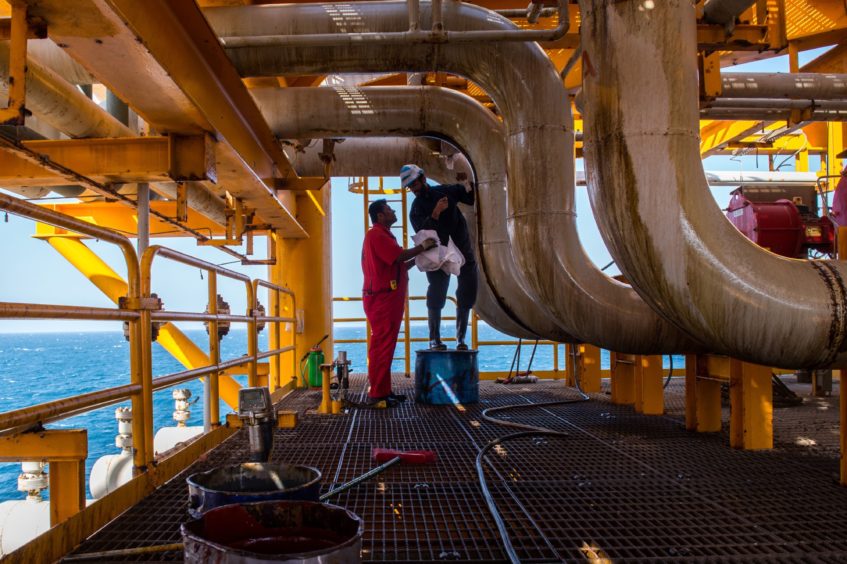
The world is facing the biggest commodity demand shock since the global financial crisis as the coronavirus outbreak that’s already rocked Asia spreads to the U.S. and Europe, according to Goldman Sachs Group Inc.
Disruption to economic activity in China has resulted in an estimated 4 million barrels a day of lost oil demand, compared to 5 million barrels in the Great Recession of 2008 and 2009, Jeff Currie, the bank’s head of global commodities research, said in a Feb. 28 report. With new cases being reported across Europe, the Middle East, and the U.S., economic impacts are likely to spread to the Atlantic over the next month.
To make matters worse, “finite storage capacity in China — though large — is filling up quickly, presenting further downside risk if storage is ultimately breached,” Currie said.
For oil and other energy products, any disruption in demand will be deemed as lost, while lower consumption for other commodities such as steels and aluminum could just be deferred until later, Currie said. Expectations of monetary and fiscal stimulus saving such deferred demand will likely create commodity price volatility going forward.
Gold, on the other hand, has “immunity to the virus” and has outperformed other safe haven assets like Japanese yen or Swiss franc, Goldman said.
About 45% of scheduled Asia-to-Europe container ship sailings were canceled in the four weeks following the Lunar New Year holiday in late January, Currie said. That means the March ramp-up in Chinese activity could be slow given the physical realities of re-starting global supply chains.